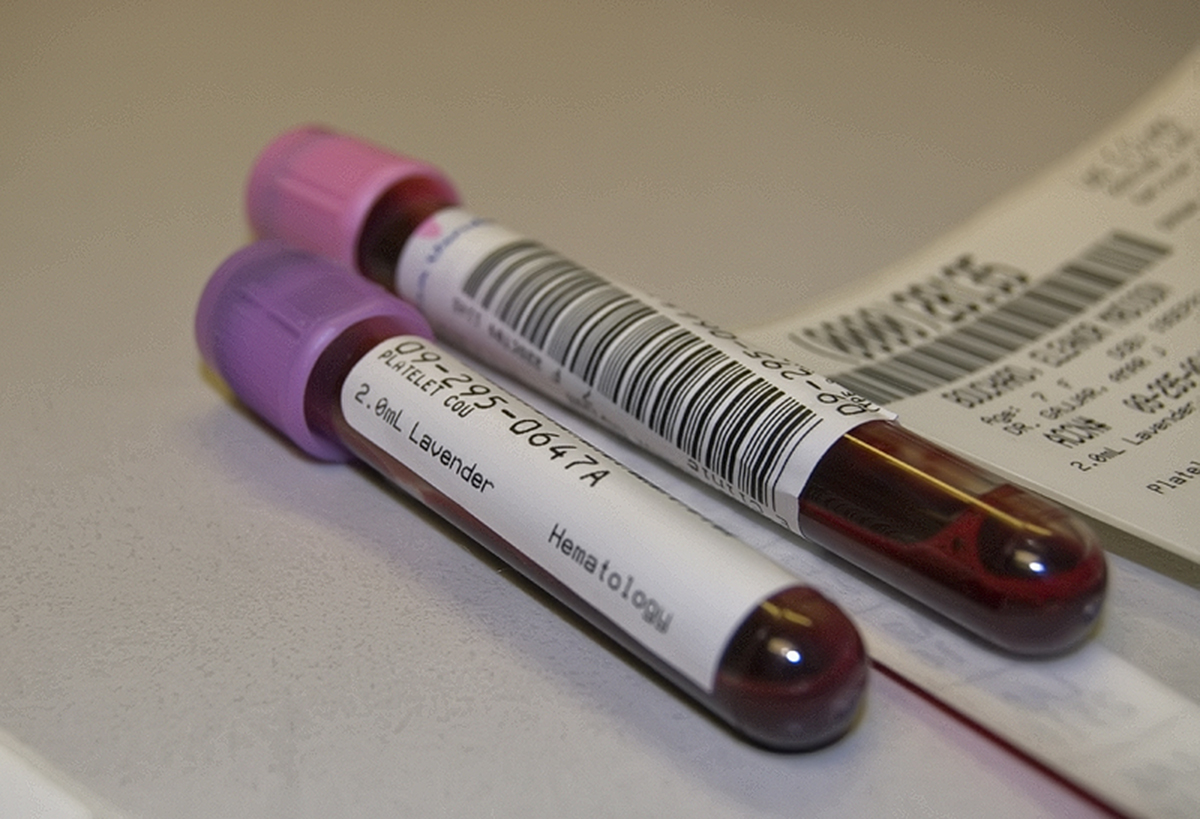Table of Contents
Aside from screening healthy individuals who are at risk of developing cancer because of their personal and family's medical history, doctors sometimes advise patients to undergo screening tests based on scientific evidence. For example, women who are at least 40 years old are advised to have a mammography, because studies show that deaths due to breast cancer have been reduced by as much as 20% after routine breast cancer screening across these populations.

Doctors also monitor the progress of a patient's disease during treatment by doing additional diagnostic tests. These repeated tests usually aim to find out if the tumor has changed in size or has affected other organs, such as lymph nodes, or the brain. Aside from blood tests, imaging exams such as x-ray, MRIs, and CT scans may be used to take pictures of various areas of the body to gain insights into the presence of cancer, or to monitor the progress during treatment. In addition, modern medicine also allows scientists to find out about genetic mutations that have been linked to cancer, making genetic tests an important tool for screening for certain types of cancer.
A person who is being tested for cancer often has to undergo a combination of these tests. This process is not only costly and inconvenient, it is also often frightening and stressful for patients. And if there is a strong suspicion for cancer based on these screening tools, more tests would have to be done to confirm the diagnosis, including tissue biopsies, endoscopies, or even surgery.
New Blood Tests to Detect Cancer
Now, science has found a way to make things possibly simpler for patients and doctors to detect cancer.
Researchers from Stanford University School of Medicine have found that a routine blood test may help detect cancer and at the same time, monitor the progress of the disease. This highly sensitive blood test, called Cancer Personalized Profiling by deep Sequencing or CAPP-Seq, measures levels of tumor DNA circulating in the patient's blood.
The blood test is based on finding that tumor cells continuously divide and die, releasing their DNA into the bloodstream. The researchers focused their study on patients with lung cancer but they believe that the new technology has wide application to different types of solid tumors. They also believe that it could be used to screen healthy individuals for cancer and track the progress of a diagnosed cancer patient.
See Also: Personalised Medicine: Genetic Screening For Cancer Patients
Another simple blood test that has been developed by scientists can detect circulating tumor cells (CTCs), or malignant cells that have broken away from the primary tumor. A CTC assay can help doctors identify advanced cancer. Although this type of blood test can detect tumor cells that are metastasizing (spreading) from the primary tumor to the blood to seed other organs, it may be useful in predicting and treating advanced stages of the disease.
Except for CellSearch CTC test, which has been approved by the FDA for clinical use, these blood tests are still undergoing research.
- LEF. Circulating Tumor Cell Assays: A Major Advance in Cancer Treatment. http://www.lef.org/magazine/mag2010/apr2010_Circulating-Tumor-Cell-Assays_01.htm
- Mayo Clinic. Cancer blood tests: Lab tests used in cancer diagnosis. http://www.mayoclinic.org/diseases-conditions/cancer/in-depth/cancer-diagnosis/ART-20046459
- NCI. What Is Cancer Screening? http://www.cancer.gov/cancertopics/pdq/screening/overview/patient
- Stanford University Medical Center. Blood test could detect solid cancers. ScienceDaily. http://www.sciencedaily.com/releases/2014/04/140406162428.htm.
- Photo courtesy of Wheeler Cowperthwaite by Flickr : www.flickr.com/photos/wcowperthwaite/5774694766
- Photo courtesy of cbgrfx123 by Flickr : www.flickr.com/photos/72005145@N00/4044250882
- www.lef.org
- www.mayoclinic.org
- www.cancer.gov
- www.sciencedaily.com


Your thoughts on this